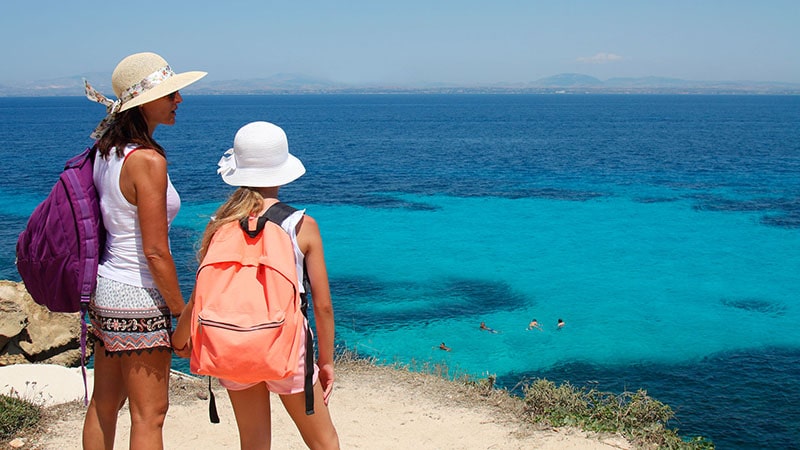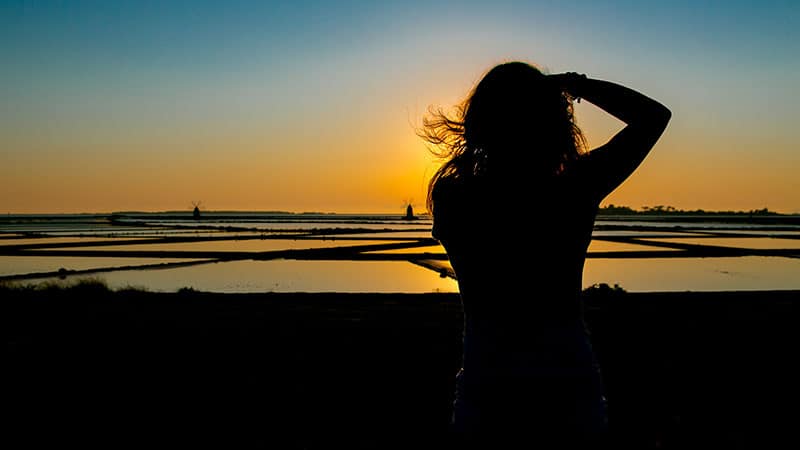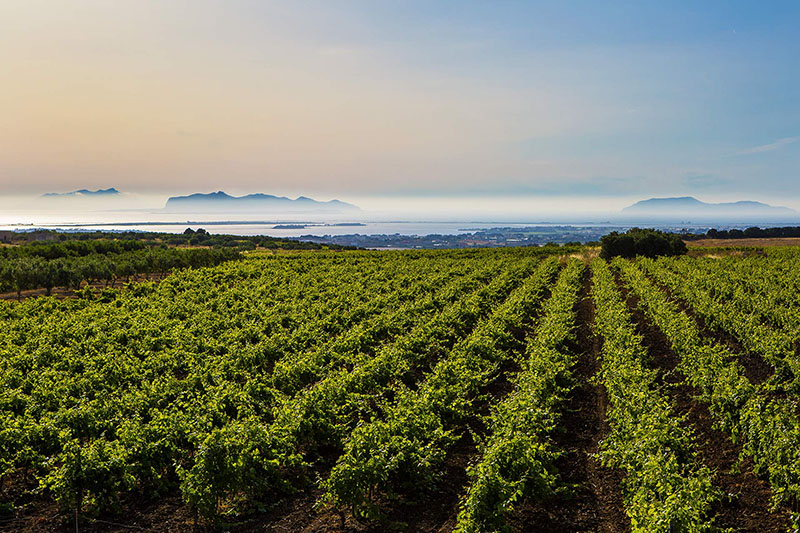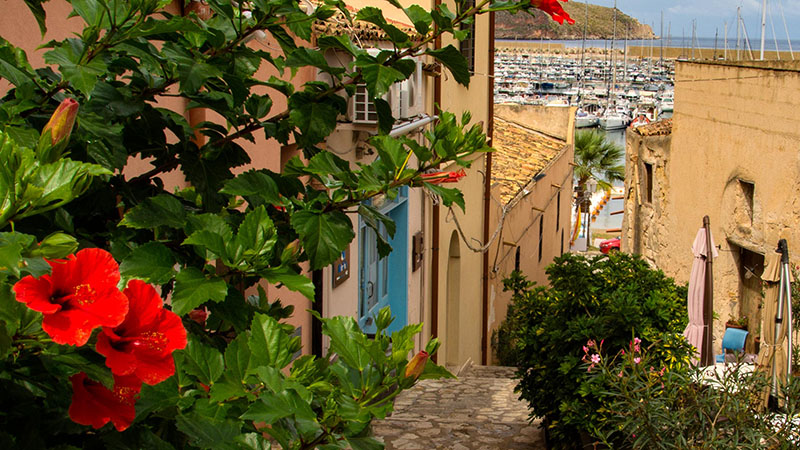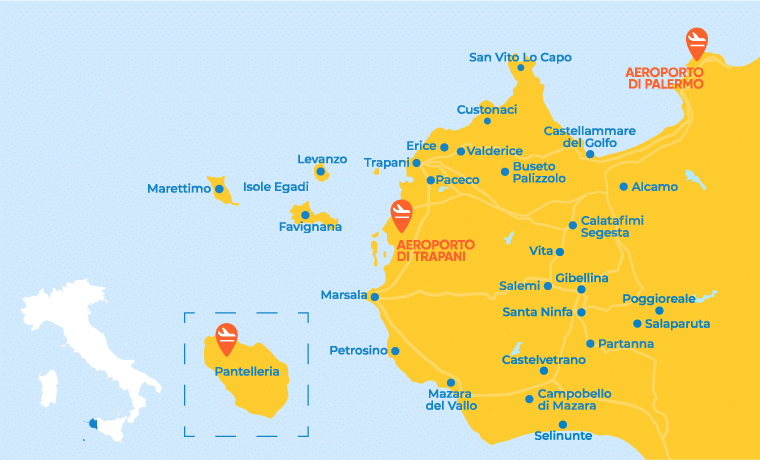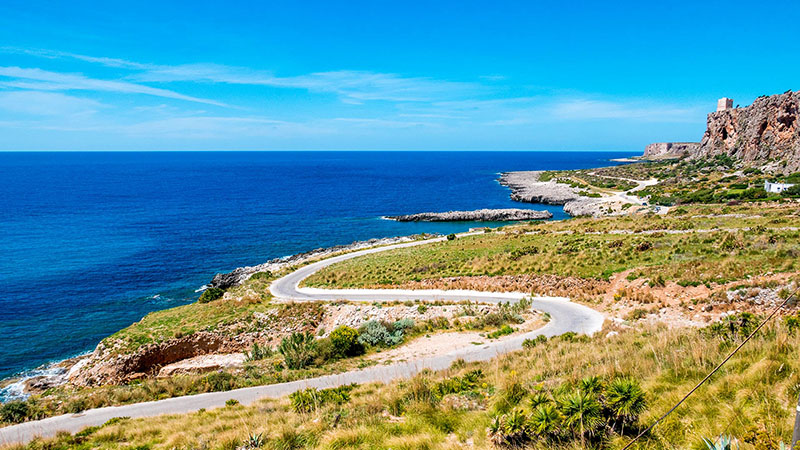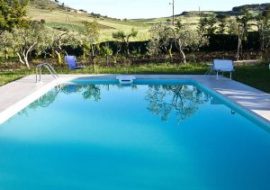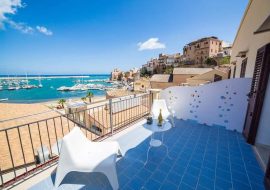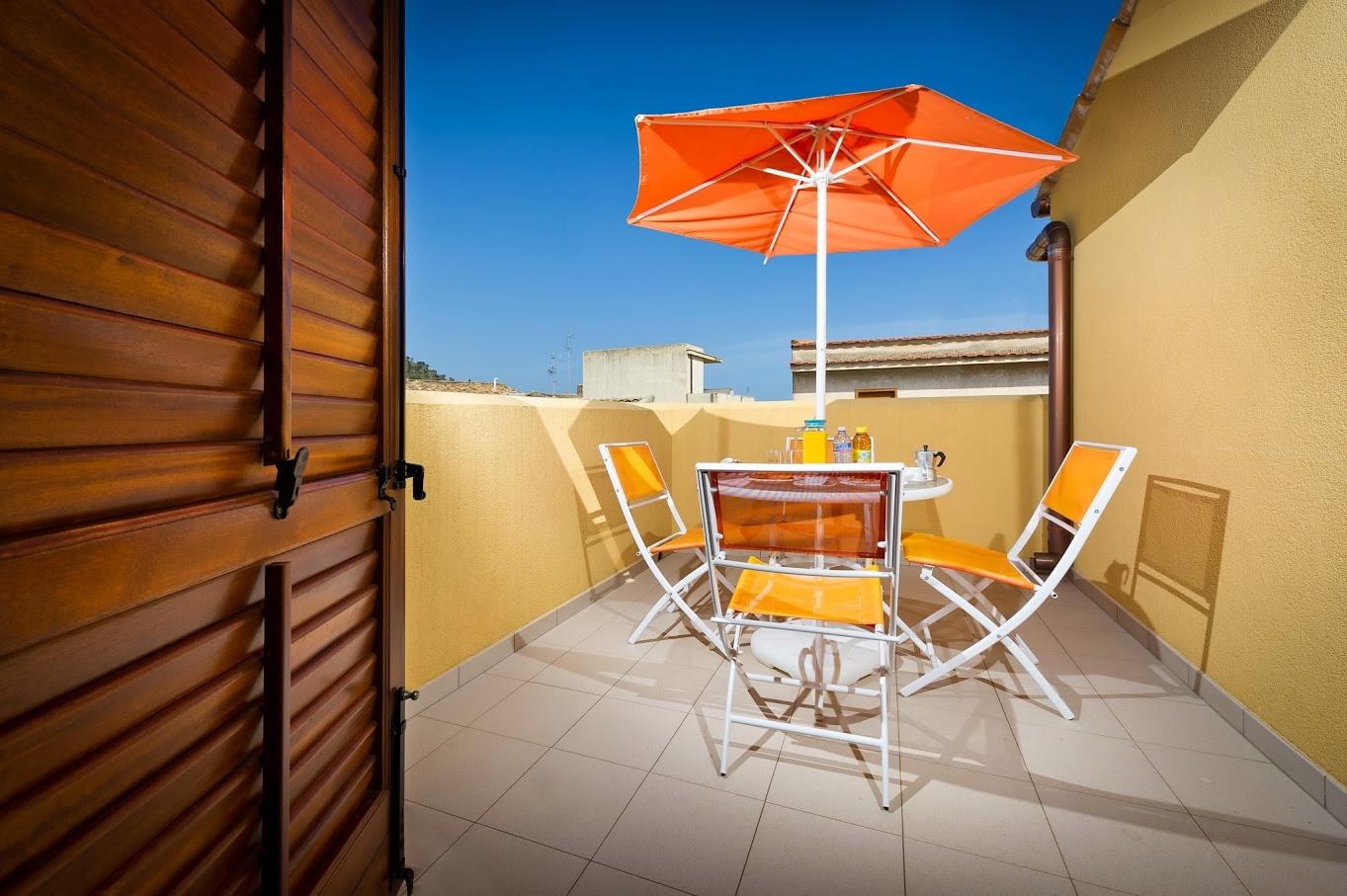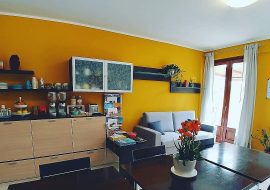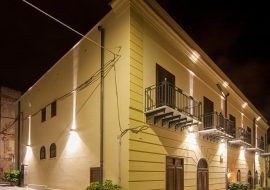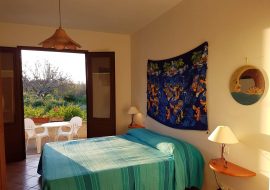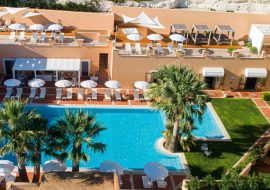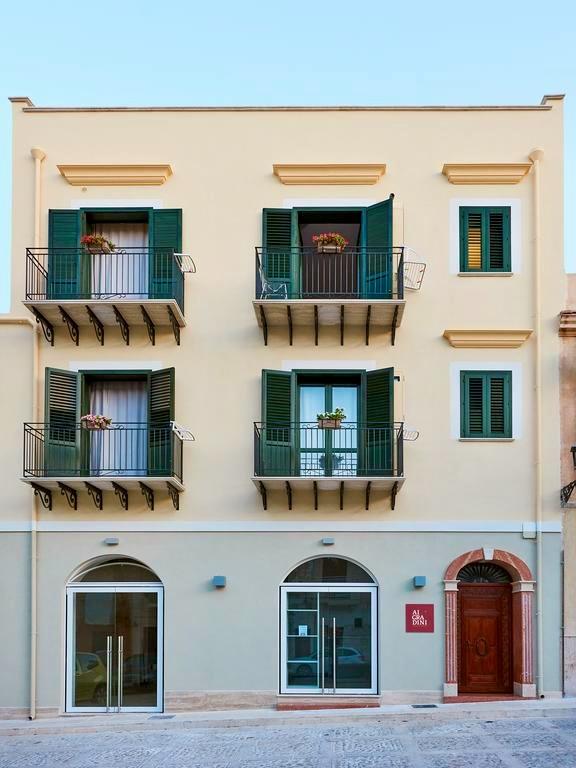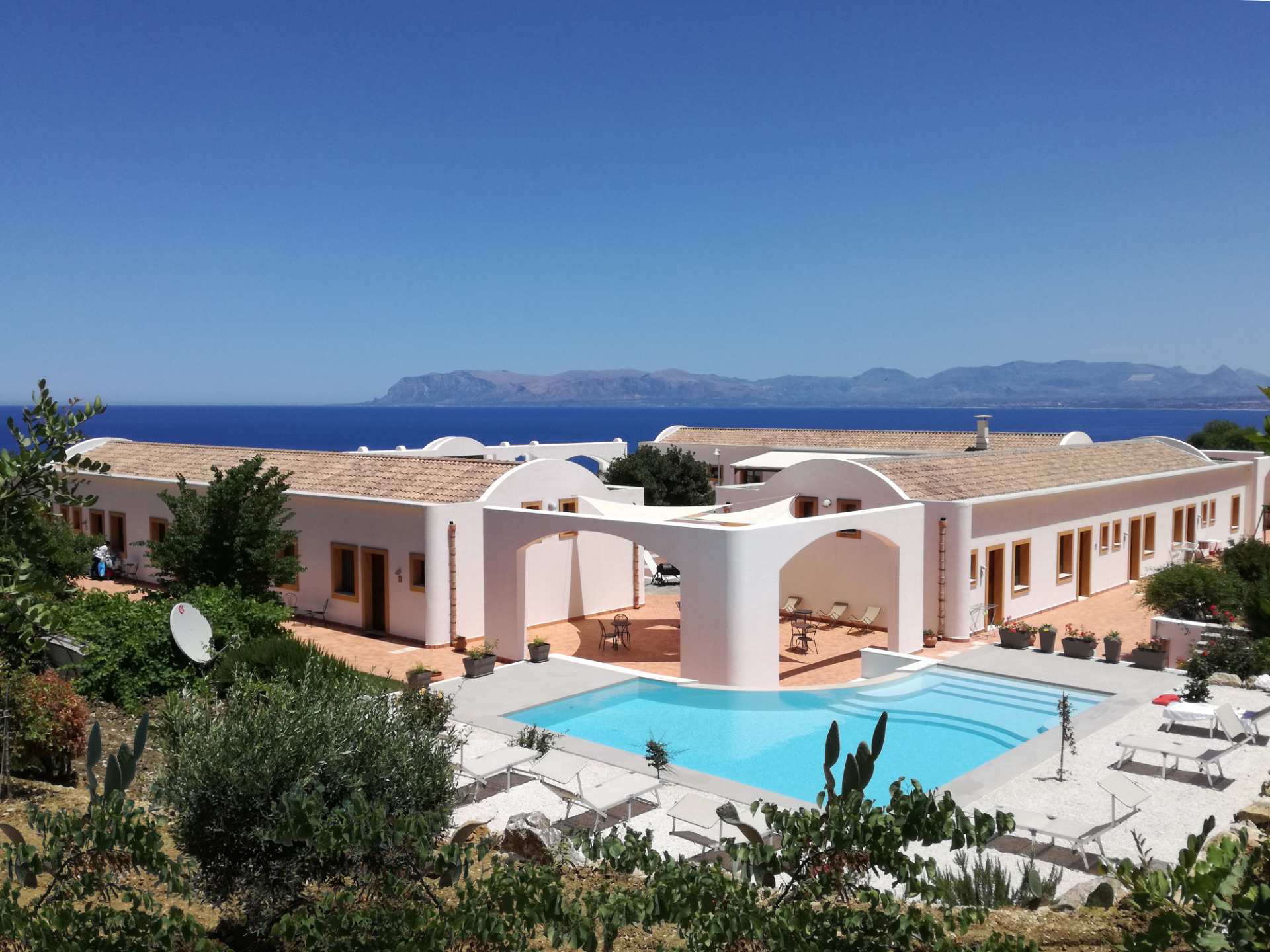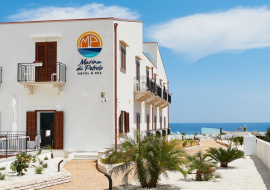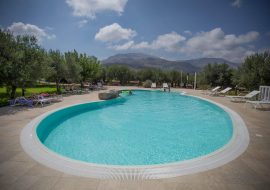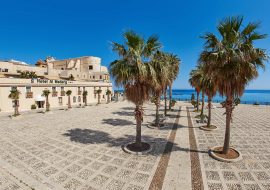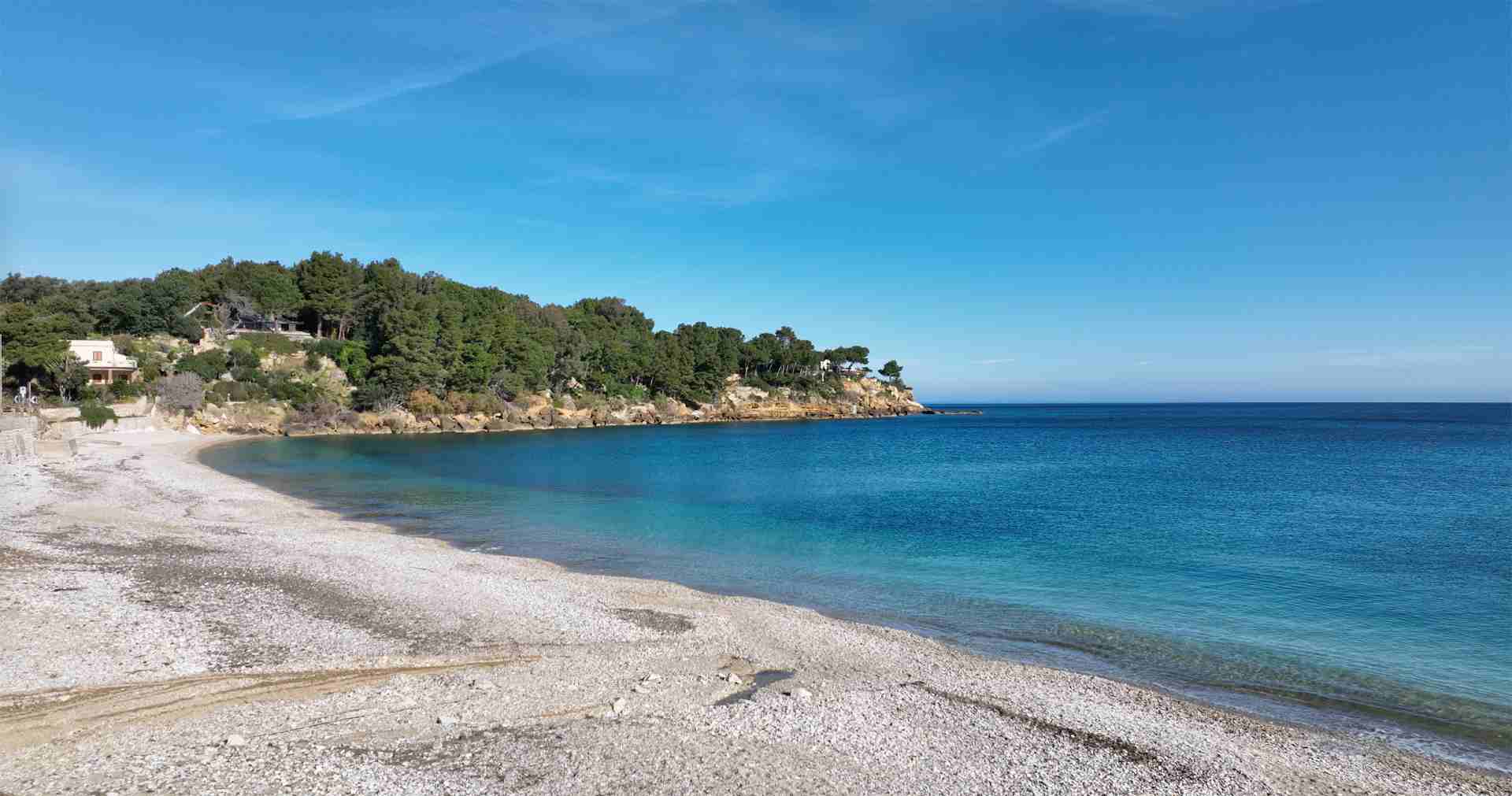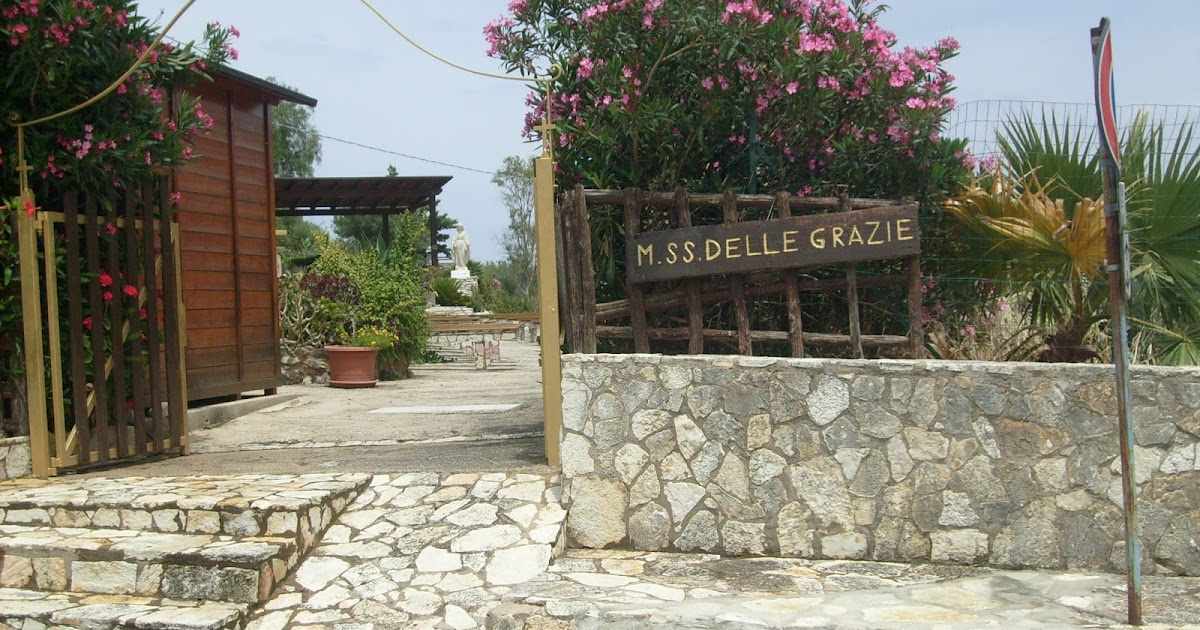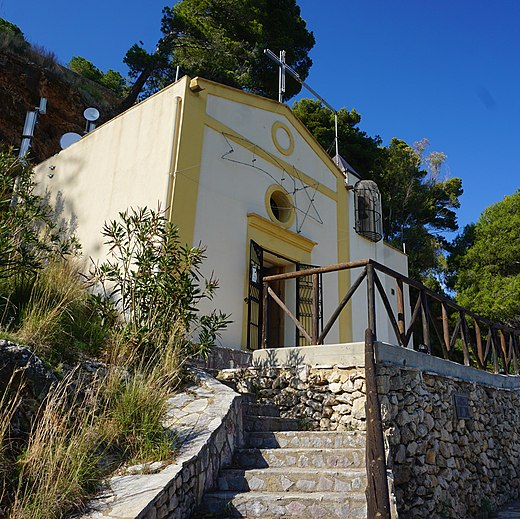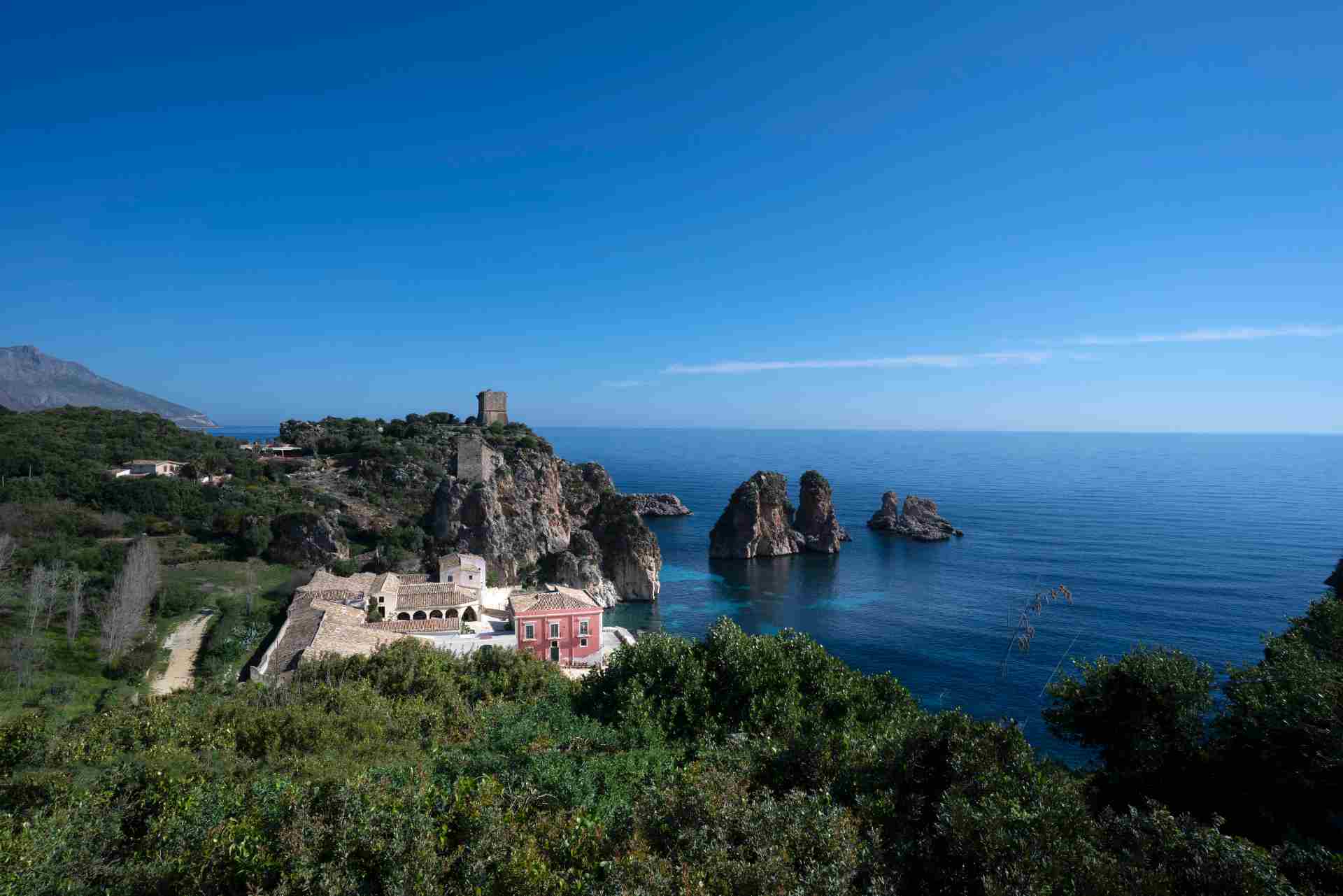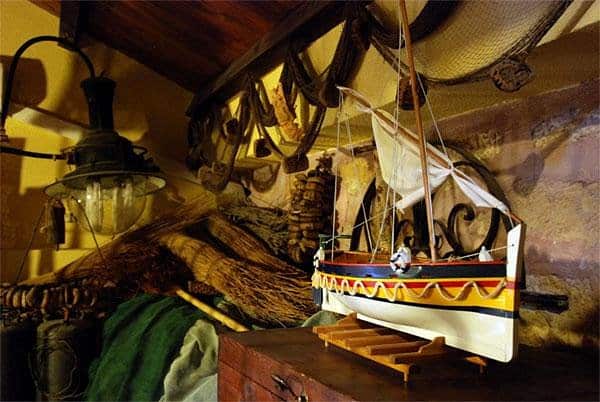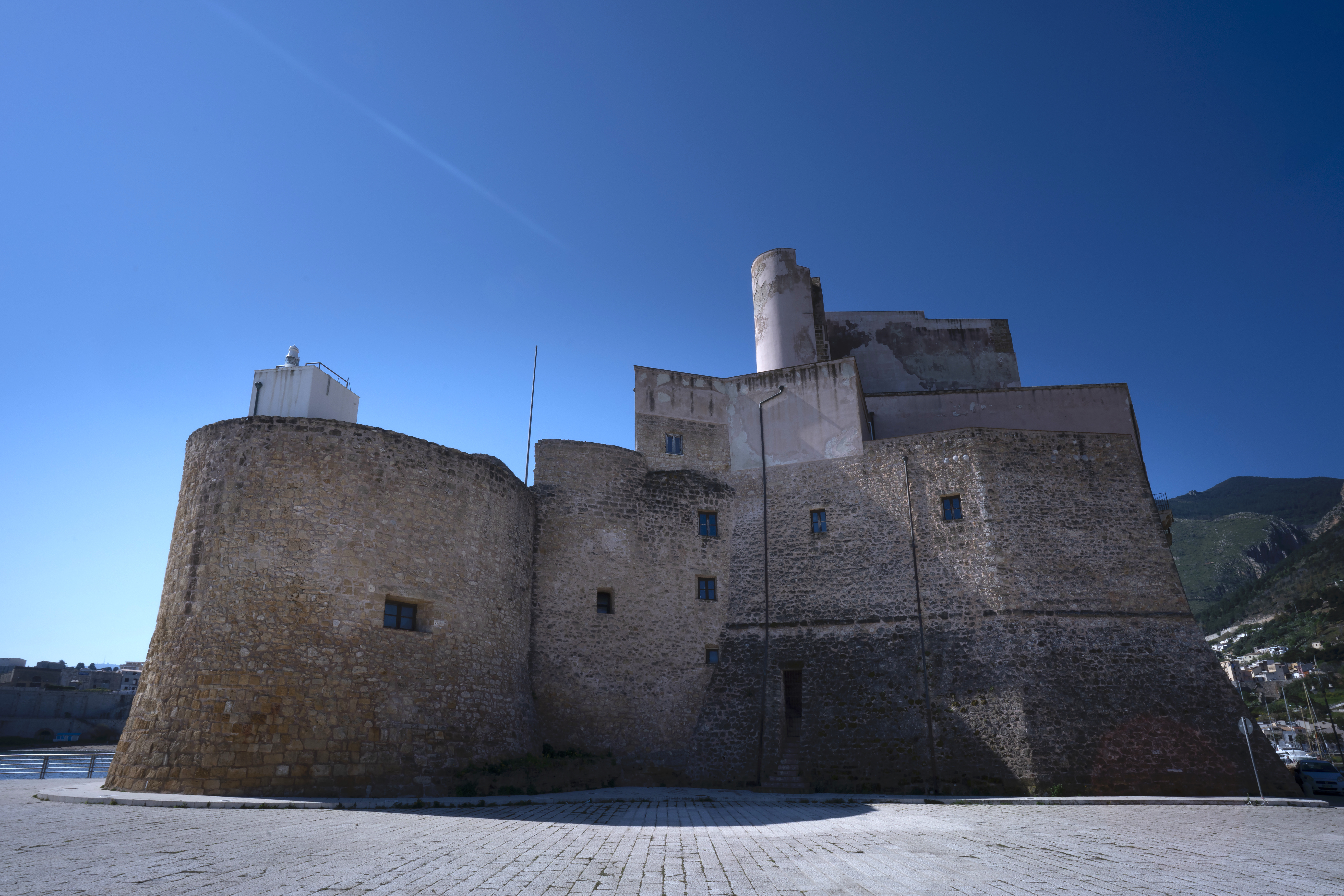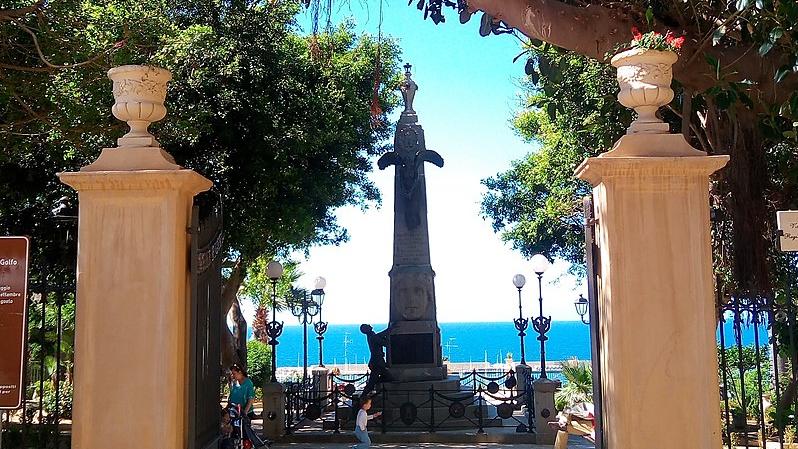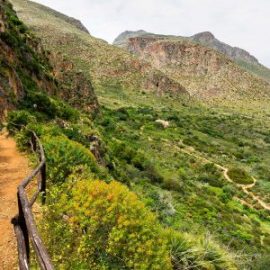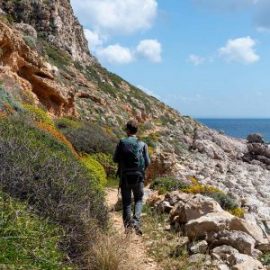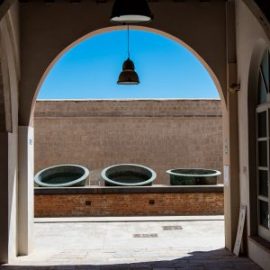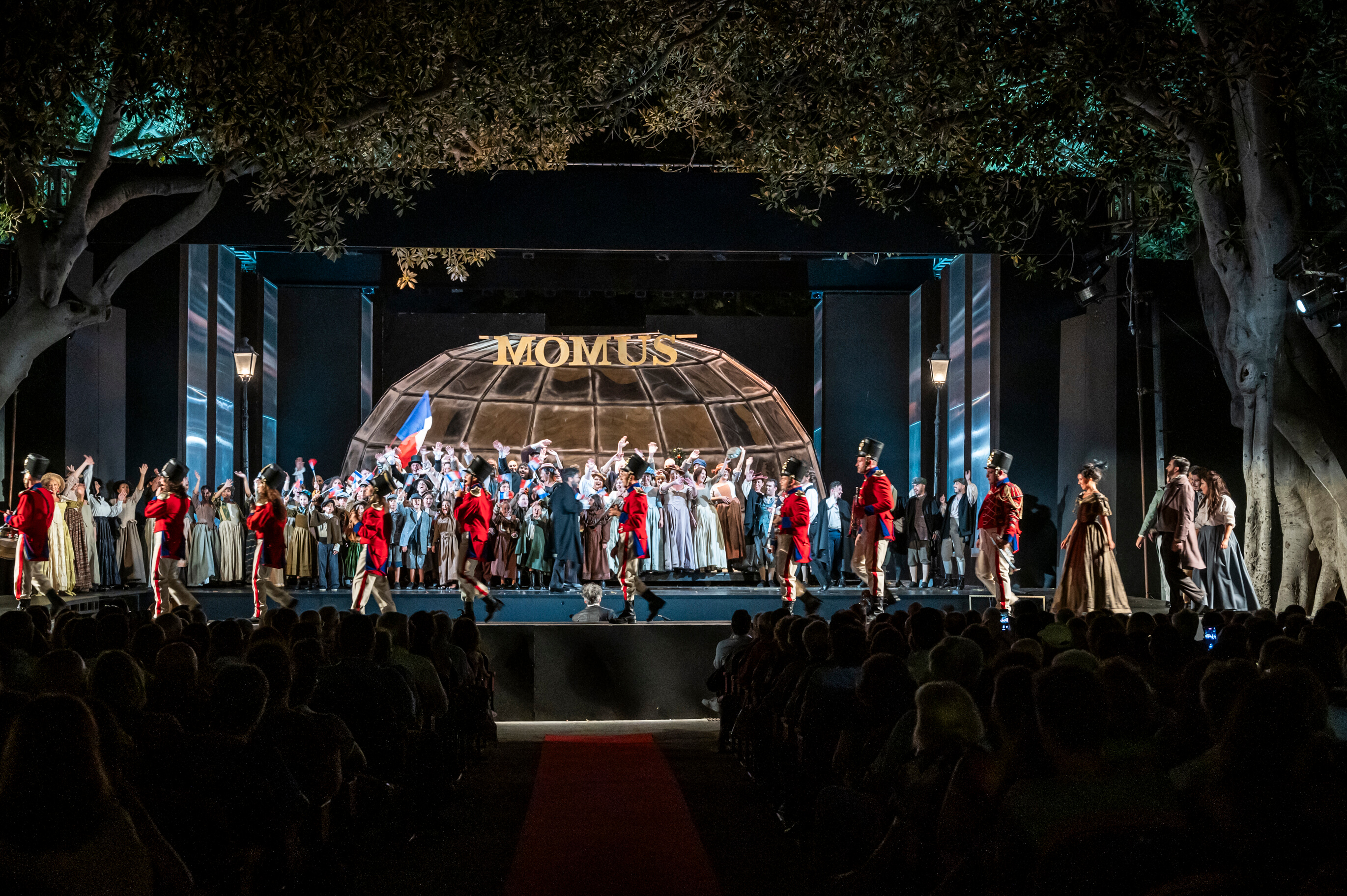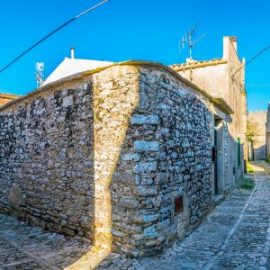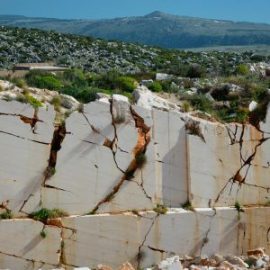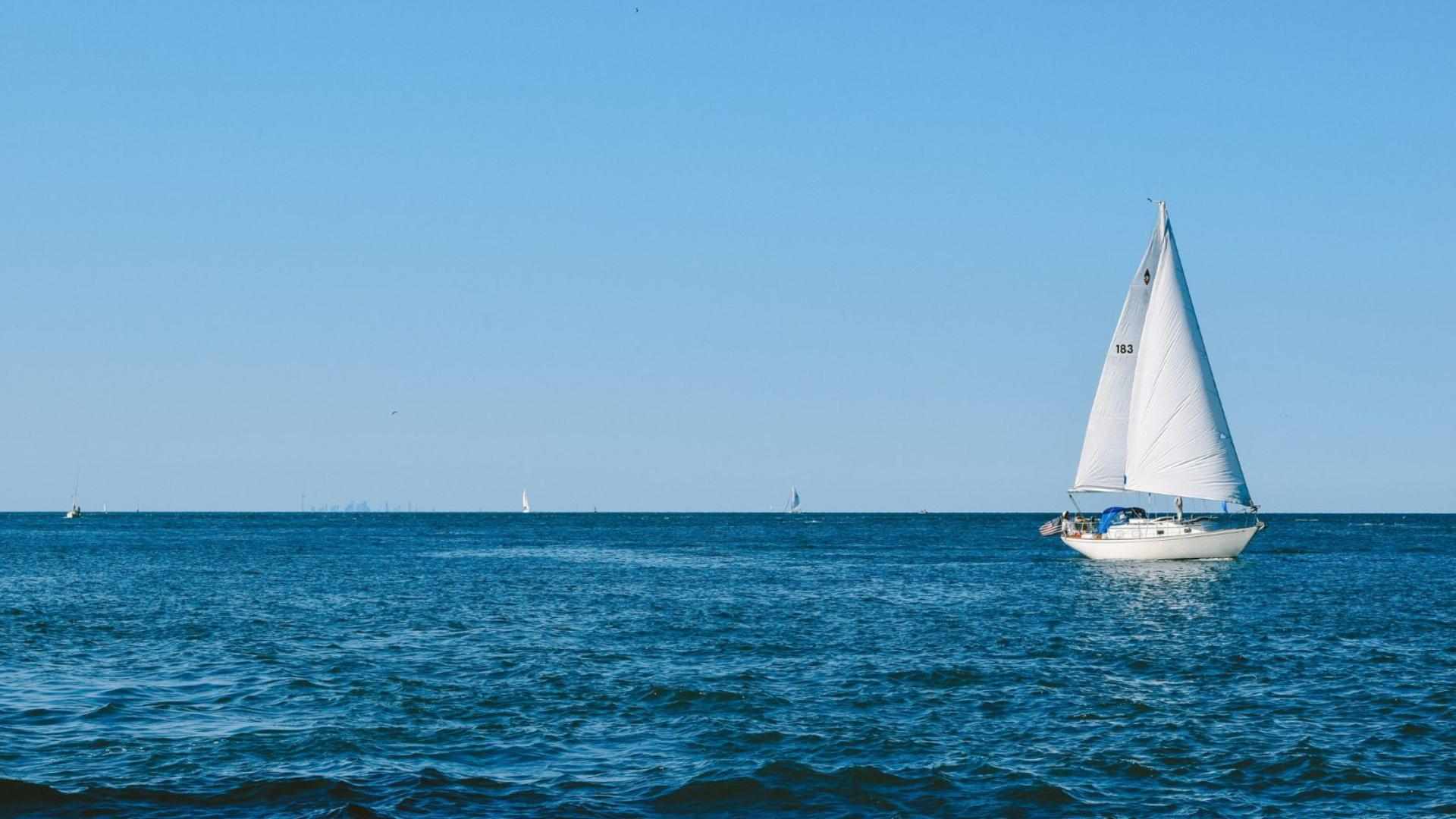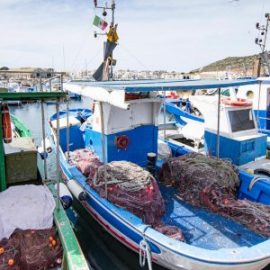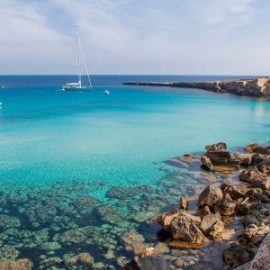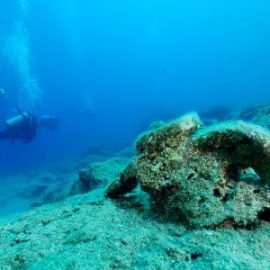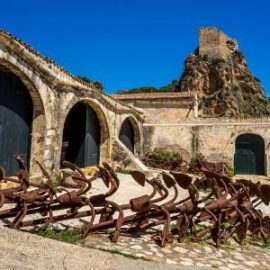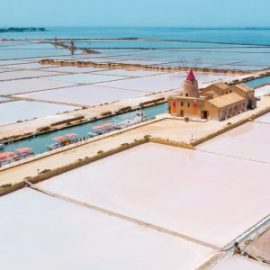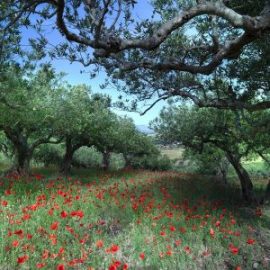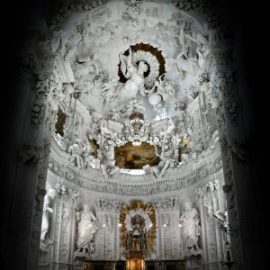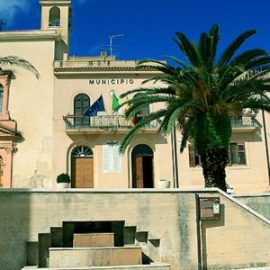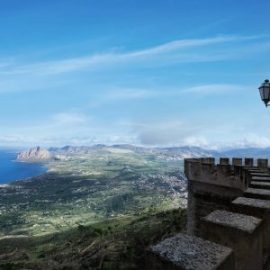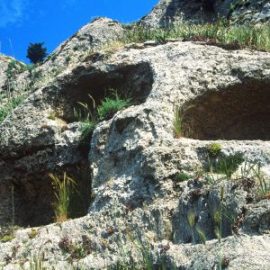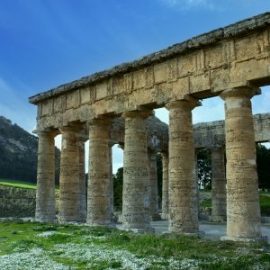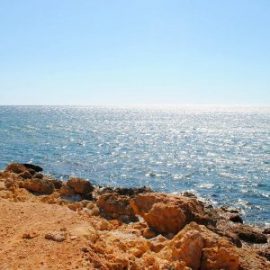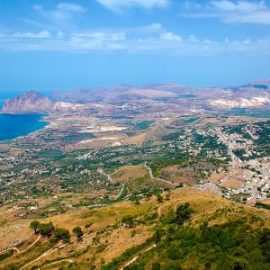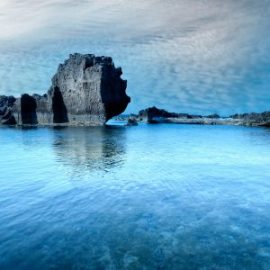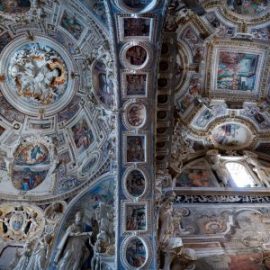Alcamo
Alcamo is a lively town in an enviable natural setting.
Founded by the Arabs, Alcamo lies in the Monte Bonifato valley, where you can find the Monte Bonifato nature reserve (825 m) and its forest, where you can enjoy a wonderful view of the Golfo di Castellamare.
The Bosco di Alcamo offers paths and trails and encompasses the ruins of the medieval village of Bunifat, where the Swabian castle of the Ventimiglia family, the church of the Madonna dell’Alto – a popular pilgrimage site – and the Funtanazza – a public cistern that served as a water supply – are clearly visible.
Alcamo boasts several monuments of particular artistic and historical interest of defensive character scattered throughout the surrounding area, such as the Castello di Calatubo. This castle has a complex and multi-layered structure, partly dating from the Archaic period and partly from the Norman period. As well as the courtyard and the well-preserved decorative battlements, there are also the ruins of a church, a well and a cistern from the 12th and 13th centuries. An elegant residential and defensive farmhouse was built on this defensive complex between the 17th and 19th centuries.
The other fortress is the Castello dei Conti di Modica, built by Enrico and Federico Chiaramonte between 1340 and 1350, which was fundamental to the defence of the town on several occasions. The castle is crowned by four towers, two cylindrical and two square, and encloses an elegant courtyard with single, double and triple lancet windows.
The 18th-century “master of stuccoes”, the Palermo-born Giacomo Serpotta, worked for a long time in Alcamo, and his works can be admired at the Monastero di San Francesco di Paola (known as “Badia Nuova” – New Abbey) and the church of Santi Cosma e Damiano (known as “Santa Chiara”).
Alcamo boasts a popular marina in the Golfo di Castellamare, about 5 kilometres from the town. Very popular in summer, Alcamo Marina Beach is about 3 kilometres long and is known for its particularly clear sea and its rolling dunes of fine, golden sand. At Contrada Foggia in Alcamo Marina, Roman kilns have been found; these consisted of a series of circular structures placed in rows, dating from between the 1st and 5th centuries AD, used for the production of tools for domestic use and construction materials (including bricks, tiles, crockery and ceramics).
Accomodation
Other ideas for your trip
- Nearby
- Not to be missed
- Towns and Villages



